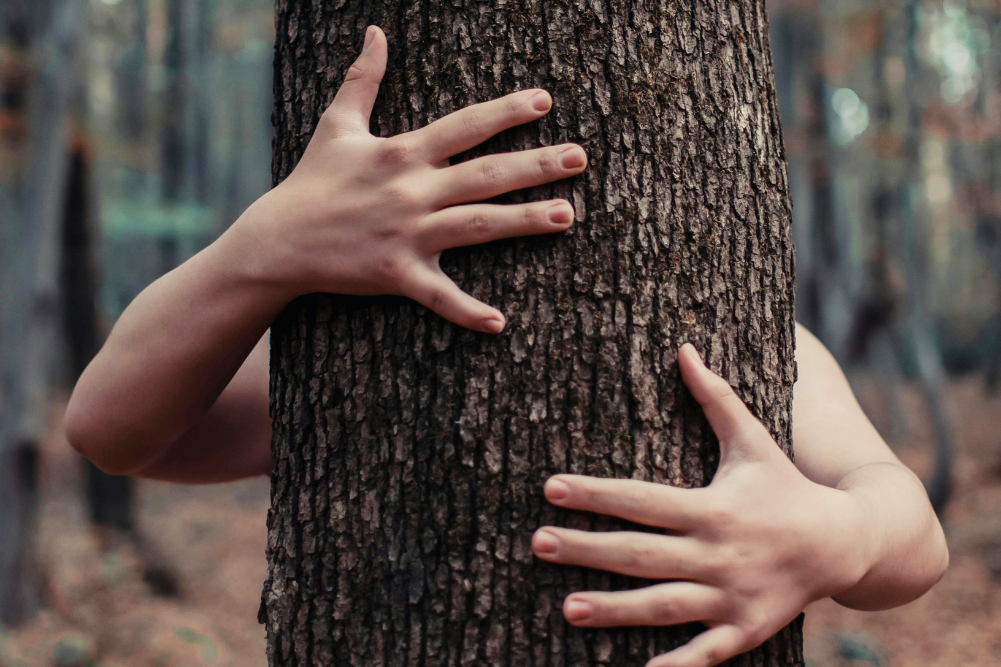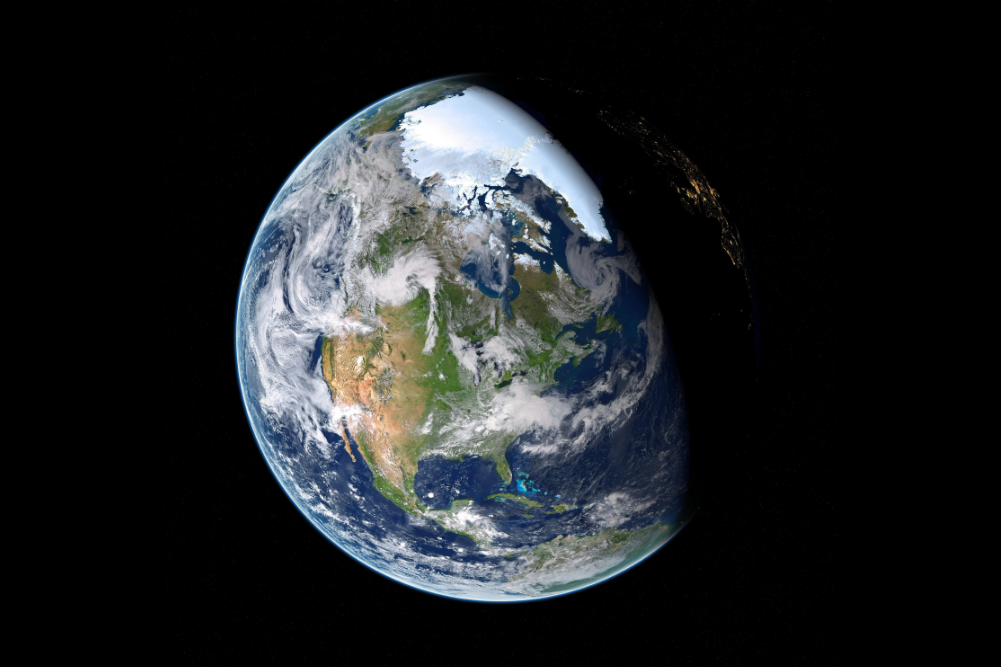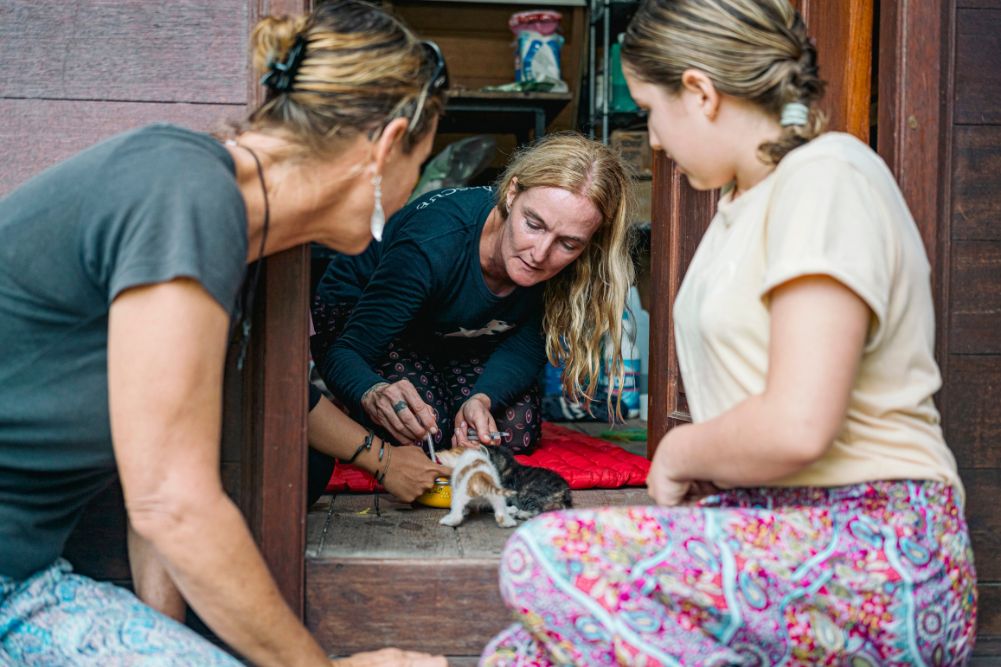Melting glaciers are slowing Earth’s rotation
Deep ecology is a philosophical viewpoint that advocates the inherent value of every living thing regardless of how “useful” it is for human beings. Implicit to deep ecology thinking is that everything is connected to everything else and that if one part suffers then so does the whole. This principle is also recognised in paradigms like systems theory and complexity theory because it is a fundamental physical and psychological truth. You see it applying in microcosms but you also see it happening at the macro level as is the case with recent research showing that climate change is not only impacting micro levels thing such as species, it is even impacting the rotation of the Earth itself.
Across the course of the 20th century the melting slowed the Earth's rotation and increased the duration of a day about a thousandth of a second.
In the new study Harvard researchers looked at changes in the Earth’s rotation and axis in the light of the world’s sea level rise during the 20th century as a result of increasing global temperatures. Using information from satellites and astronomical data the researchers found that as glaciers melt there is a flow of “meltwater” into the oceans. This is causing a redistribution of water from the higher latitudes to the lower latitudes and, just like a skater moving their arms away from their body in order to slow a spin down, this is slowing the rotation of the Earth.
As glaciers melt and water moves as a result, this is causing a migration of the Earth’s axis, a phenomenon known as “polar wander”. The glacial melt as a result of climate change is moving the planet’s rotation axis, the North pole, at a rate of less than a centimetre a year. Across the course of the 20th century the melting slowed the Earth’s rotation and increased the duration of a day about a thousandth of a second.
This is not a dramatic effect but as ice sheets melt at faster rates the effect will expand and it shows that even at the macro level of the Earth’s rotation climate change has an impact. We ignore something as profound as that at our peril.








